- How To Tackle Jealousy In Creative Writing
- Common Submission Mistakes
- How To Stop Your Blog Becoming Boring
- The One Thing Every Successful Writer Has In Common
- How To Make Yourself Aware Of Publishing Scams
- Why Almost ALL Writers Make These Grammar Mistakes At Some Point
- 5 Tips For Authors On How To Deal With Rejection
- Top Mistakes to Avoid When Writing a Novel
- How to Avoid Common New Writer Mistakes
- 10 Mistakes New Fiction Writers Make
10 Brilliant Books For Writers
All good writers know that reading is key to helping them improve. There is nothing more helpful, insightful and influential than reading a good book to inspire you to get back to your own writing. Writers need to read to understand how books work, to get ideas, to research the rules of a genre.
Even if you don’t have a particular writing project in mind, consistently reading books is like continuously doing research, and studying your craft. Even if you are not consciously trying to improve, you can’t help but be influenced by what you read, and this can only have a positive impact on your writing.
However, we can’t read everything. So if you are looking for a great book, how do you know what to read?
With this in mind, why not check out this list of 10 books that are not only fantastic reads but will teach you something about writing and therefore help you improve your craft.
Becoming a Writer by Dorothea Brande
If you want to know what it takes to become a writer, then read this book. Becoming a Writer takes you through the entire process and does so in a way that is effortless and engaging. This isn’t a textbook, more of a friendly guide - but an incredibly useful one that tells it exactly like it is.
Edgar Allan Poe: Complete Tales & Poems by Edgar Allan Poe
Poe is considered one of Americas finest literary critics. This anthology is world famous and allows the reader to find out what the master looks for in good writing, as well as being able to read some of his own fascinating stories - ones that demonstrate why his opinion matters.
Exley by Brock Clarke
This story centres around a young boy who sets about on a journey to discover the whereabouts of his father's favourite novelist. This story teaches us about the importance of fiction and the profound impact it can have on our lives.
On Writing: A Memoir of the Craft by Stephen King
Stephen King offers aspiring writers the secrets of good storytelling in this inspiring book. On Writing spurs writers on, it offers them advice, support and tells them to dream big, and let nothing get in the way of achieving their goals.
The Journalist and the Murderer, Janet Malcolm
This fast-paced and entirely absorbing novel is one that every writer who wants a lesson in how to write literary journalism should read. Malcolm’s strong voice, love of language and attention to detail are all beautifully demonstrated here.
As I Lay Dying by William Faulkner
This book is perfect for the experimental writer. As I Lay Dying is told through the eyes of a massive fifteen narrators. This risky and entirely unconventional method could have been met with derision, but Faulkner’s skill shows us that taking risks can sometimes pay off - he went on to win the Nobel Prize in Literature due to this seminal work as well as his subsequent publications.
13 Ways of Looking at the Novel by Jane Smiley
Jane Smiley has won the impressive Pulitzer Prize and so she certainly knows her stuff. If you want a great insight into what a novel really is, then read this book and find out.
Oryx and Crake by Margaret Atwood
If you want an example of how to brilliantly create an entirely foreign world and one in which you readers can’t help but be astounded by, then the Oryx and Crake will be right up your street. Atwood is the master of imagination and invents worlds so convincing yet so imaginative, it is impossible not to sit up and take notice.
To the Lighthouse, Virginia Woolf
Woolf’s To the Lighthouse doesn’t make for light and easy reading, but why should it? Literature that challenges and tests us makes us think. This demanding book takes close examination to fully understand it - but when you do you will have learnt a lot.
Going Clear: Scientology, Hollywood, and the Prison of Belief, Lawrence Wright
If you want to learn how to write an in-depth, intellectually stimulating and engaging book, then this is a must-read. This book is all about how research, patience and good journalism can pay off!
These ten books should be on every writer's reading list. How many have you read, and what would you add?










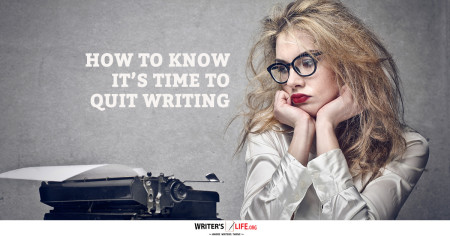
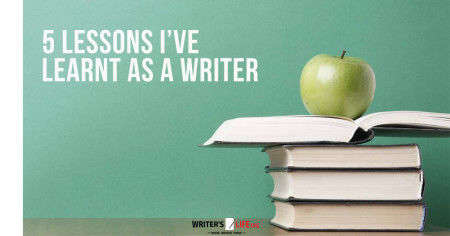
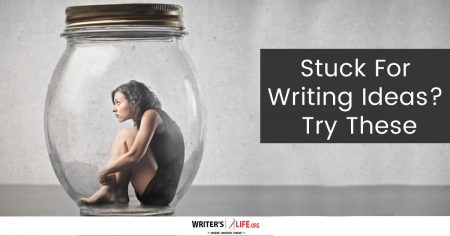

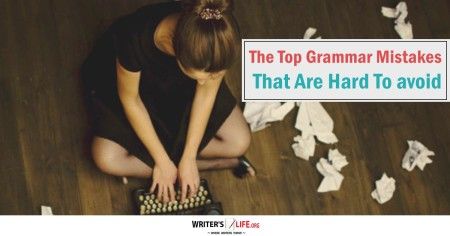

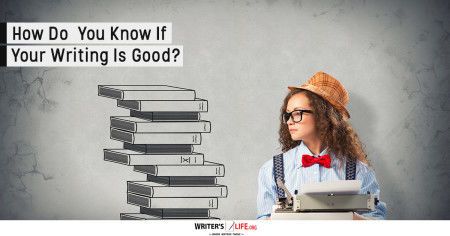
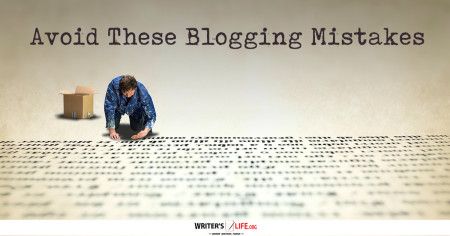
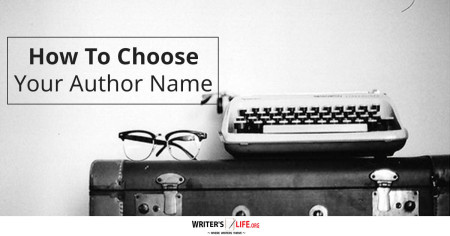

One Comment